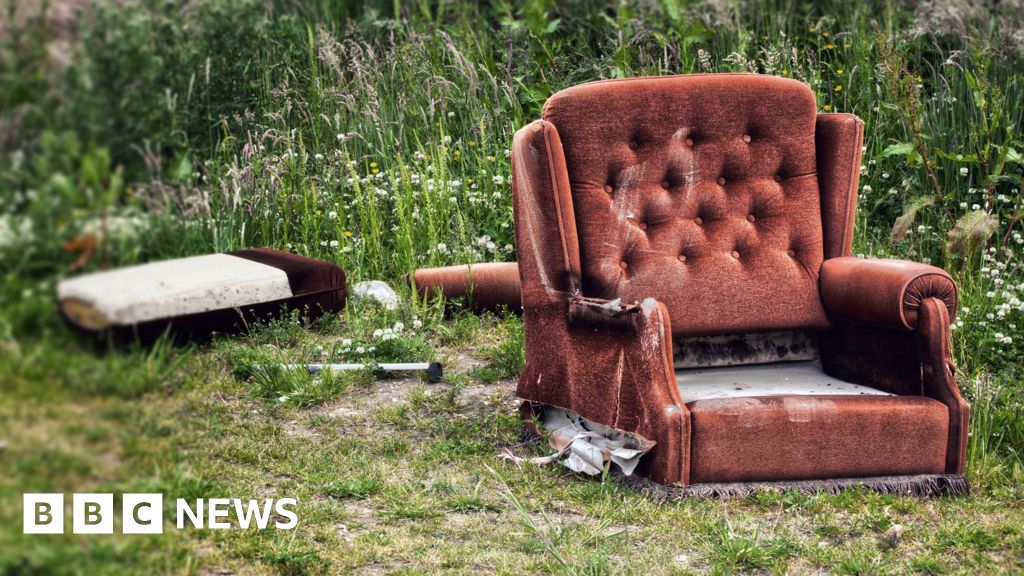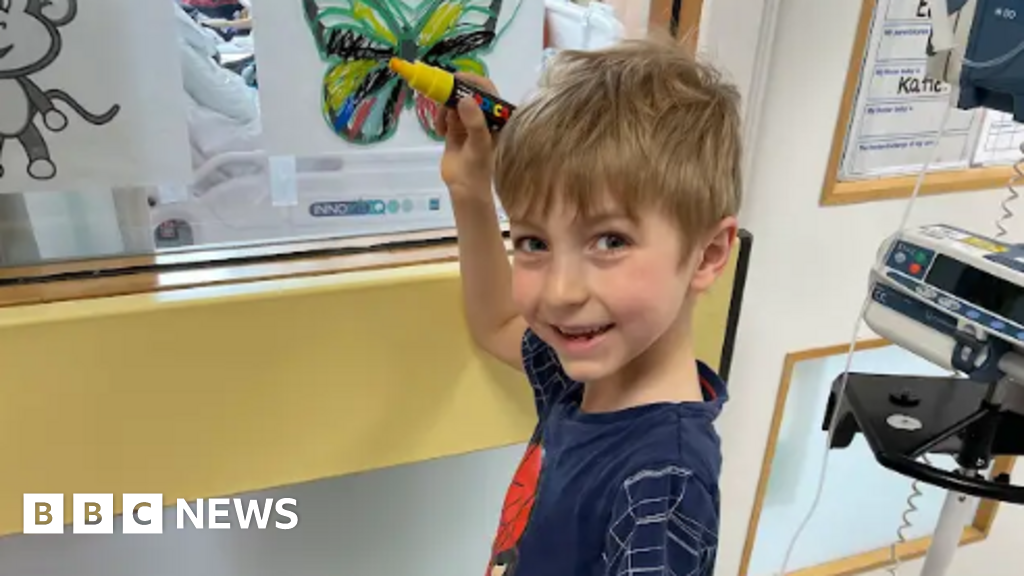When I was growing up, my dad, who has left the country only a few times, told me about the trip to Europe he took with his parents when he was 14, in 1966. He told me how much Nonie loved the immaculate Swiss streets and window boxes fizzing with flowers; the fireplace in the hillside home outside Lugano, where his father was born, with clever alcoves on either side for drying clothes or warming bread; the palpable poverty of the home in Pozzuoli, a city just outside Naples, where Nonie’s aunt lined her walls with newspaper to add insulation. Every so often, my father would drag out the projector and show me his Kodachrome slides.
As an adult, I spent years telling him that he and I should repeat the trip together — or at least a short version in which we went to Switzerland and Italy, Lugano and Naples, so he could show me where his family was from. But now that his Alzheimer’s was progressing, that proposal had taken on new significance. Revisiting the past would, I hoped, help him live better in the present. A few years ago, I read about a palliative treatment for those with memory disorders, called reminiscence therapy. The therapy involves triggering the participants’ strongest memories — those formed between the ages of 10 and 30, during the so-called memory bump, when personal identity and generational identity take shape. Reminiscence therapy can take many forms: group therapy, individual sessions with a caregiver, collaboration on a book sharing the patient’s story or just conversation between friends. But the goal is the same: to comfort, to engage, to increase connection — and to strengthen the bond between patient and caregiver.
One of the more immersive iterations of reminiscence therapy is a place called Town Square, an adult day care for those with dementia. I visited shortly after it opened in 2018. The day care consisted of an artificial village designed by the San Diego Opera to look like a town from the 1950s. It had a diner, beauty salon, pet store, movie theater, gas station and city hall. By replicating the time period during which participants’ brightest memories burned, Town Square hoped to improve their quality of life. The décor offered lots to talk about. A portrait of Elvis hung in the living room, for instance, and upon seeing it, a woman spoke of her teenage years, teleporting into her past. “There is no time machine except the human being,” Georgi Gospodinov writes in his novel “Time Shelter,” about a psychiatrist who develops memory clinics that simulate past eras. I was initially skeptical of the enterprise; warehousing people in a double-locked stage set where oldies played around the clock sounded grotesque. But what I witnessed there — spontaneous reminiscence in a cheerful setting — was perhaps the only positive vision of Alzheimer’s I’ve seen.
I wanted this for my father, wanted to give him a sense of joy now that he had shuttered his store, the place that was his world. While he wouldn’t submit to adult day care, perhaps retaking his 1966 trip would be like restoring him to a tableau of his youth. Truth be told, I also wanted to supplant memories of the last few awful years with some new ones, for me as much as for him. I had spent the past 16 months on countless calls to his doctors and banks and lawyers to negotiate discounts on the insurmountable interest. When he unwittingly undermined my efforts, making random small payments or denying he had a disease, I would snap, and he would never hold it against me. No. He would vow to do better. Sometimes he would yell back that I was a nag and a “pencil neck” (an exacting and officious know-it-all, I think). But even when I pressed him to the point that he hissed that I should get out of his house, I knew he loved me unconditionally and would soon apologize. He trusted me, even when I didn’t trust myself. For this, the ballast to my being, he demanded nothing in return, wielded not a single expectation. He never brought up a fight later, and not just because of his disease. He didn’t hold grudges the way I faintly did about the mistakes he amassed as his brain de-massed, though I knew none of this was his fault. Still: Why hadn’t he planned? Hadn’t he seen his own mother suffer and struggled to support her?














































